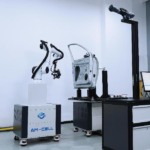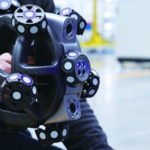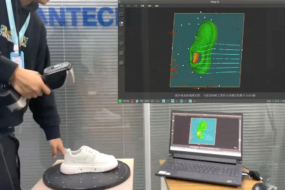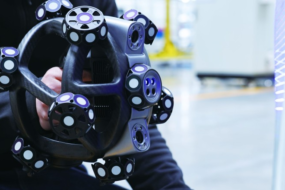
With the rapid development of technologies such as the Internet of Things, industrial connectors play an increasingly important role in the connection between automation equipment and data communication equipment. Industrial connectors not only provide stable and effective circuit connections, but also facilitate data transmission and signal transmission between devices, thereby improving the efficiency and performance of the entire industrial system.
- The role of industrial connectors
Industrial connectors are components used to connect industrial equipment, instruments and devices. They not only provide current and signal transmission between devices, but also provide stability and durability in harsh environments to ensure the normal operation of devices. Specifically, industrial connectors play an important role in:
Improve the efficiency of signal transmission between devices: Industrial connectors can ensure more stable and effective signal transmission between devices and avoid signal loss or distortion.
Provide stable power connection: Industrial connectors can provide stable and effective power connection for equipment to ensure the normal operation of the equipment.
Adapt to harsh environments: industrial connectors can adapt to harsh environments, such as high temperature, low temperature, high pressure, high humidity, etc., to ensure that the equipment can still operate stably under harsh conditions.
Improve equipment maintenance efficiency: Industrial connectors facilitate equipment installation, commissioning and maintenance, reducing equipment maintenance costs.
- Types and application scenarios of industrial connectors
There are many types of industrial connectors, and each type has its specific application scenarios. The following are several common industrial connectors and their application scenarios:
Power connector: used for power input and output, providing power connection.
USB connector: used for data transmission and device debugging, mostly used for mobile devices.
Circular connectors: used in electrical systems, automobiles and industrial equipment, with good sealing and vibration resistance.
D-Sub connector: used in computers, communication equipment and industrial control equipment, providing analog and digital signal transmission.
HDMI connector: used for audio and video transmission, commonly found in high-definition TVs, projectors and other equipment.
RF connector: used for high-frequency signal transmission, such as wireless communication, radar and other applications.
- Key performance indicators of industrial connectors
To choose a suitable industrial connector, the following key performance indicators need to be considered:
Voltage and current carrying capacity: The connector needs to be able to carry the voltage and current required by the device to ensure the normal operation of the device.
Working environment: Consider the performance of the connector in harsh environments, such as temperature, humidity, air pressure, etc.
Mechanical strength: The connector needs to have a certain mechanical strength and be able to withstand external forces such as vibration and impact of the equipment.
Corrosion resistance: Connectors need to be able to resist the influence of various corrosive environmental factors, such as salt spray, oxidation, etc.
Electrical performance: The electrical performance of the connector, such as resistance, capacitance, inductance, etc., will directly affect the signal transmission quality and efficiency of the device.
Installation and maintenance convenience: Consider the installation method of the connector, space requirements and maintenance convenience.
- The future development trend of industrial connectors
With the continuous development of industrial automation and data communication technology, industrial connectors are also constantly improving and improving. In the future, industrial connectors will develop in the following directions:
High-frequency and high-speed transmission: With the continuous improvement of data communication rate, industrial connectors need to have higher bandwidth and faster transmission speed.
Miniaturization: In order to meet the needs of light and thin equipment and space saving, industrial connectors will develop in the direction of more miniaturization.
Modular and hot-swappable design: Modular and hot-swappable design will improve the ease of use and maintainability of the connector, and reduce equipment maintenance costs.
High reliability and high durability: Industrial connectors will have higher reliability and durability in harsher working environments to ensure long-term stable operation of equipment.
In short, as an indispensable part of industrial automation and data communication equipment, industrial connectors play an important role in improving equipment efficiency and performance. With the continuous development of technology, industrial connectors will also continue to improve and improve, providing strong support for the continuous innovation of industrial systems.

















